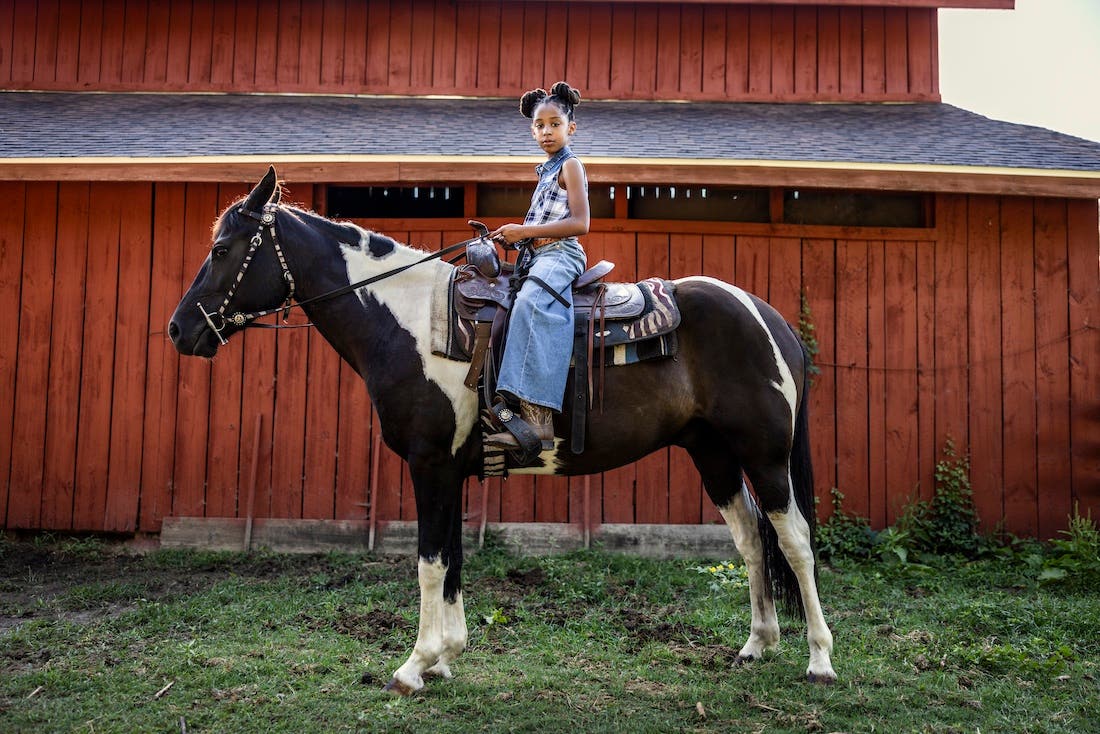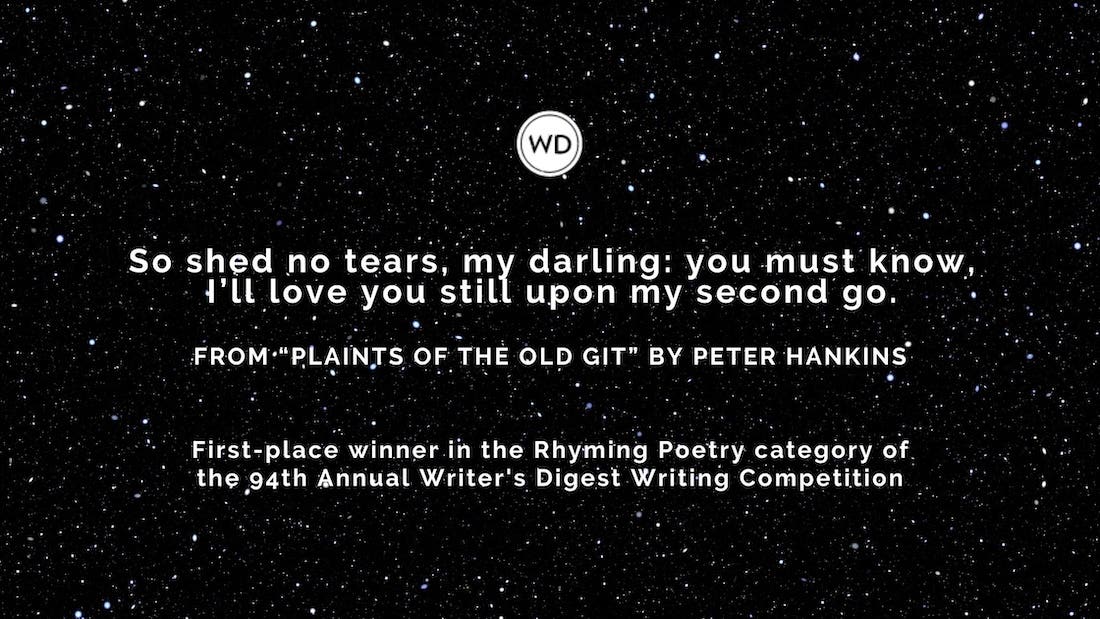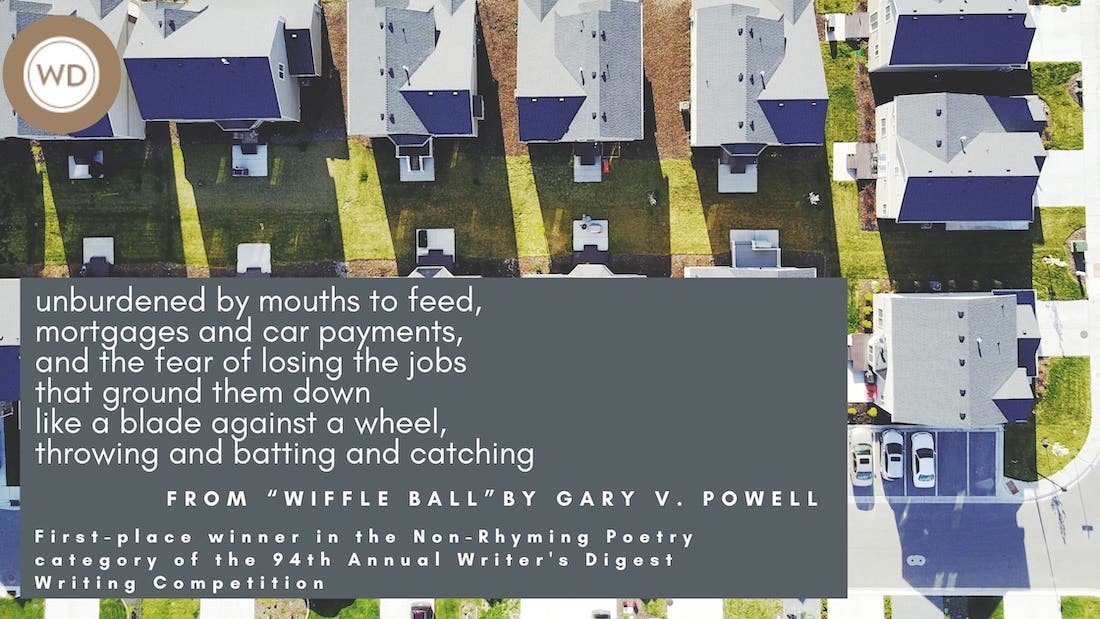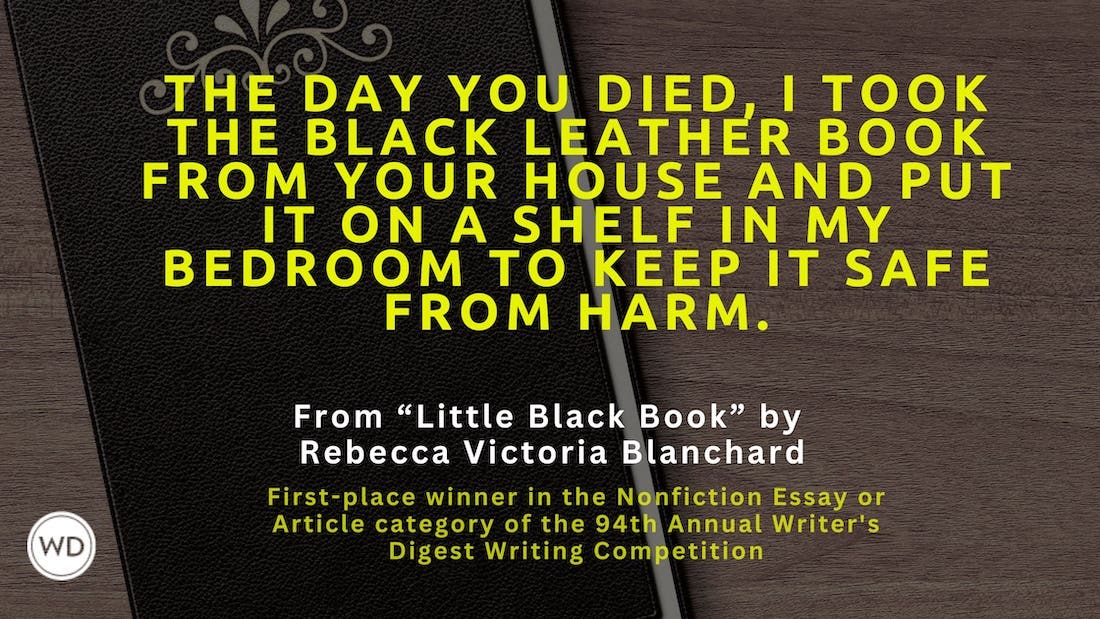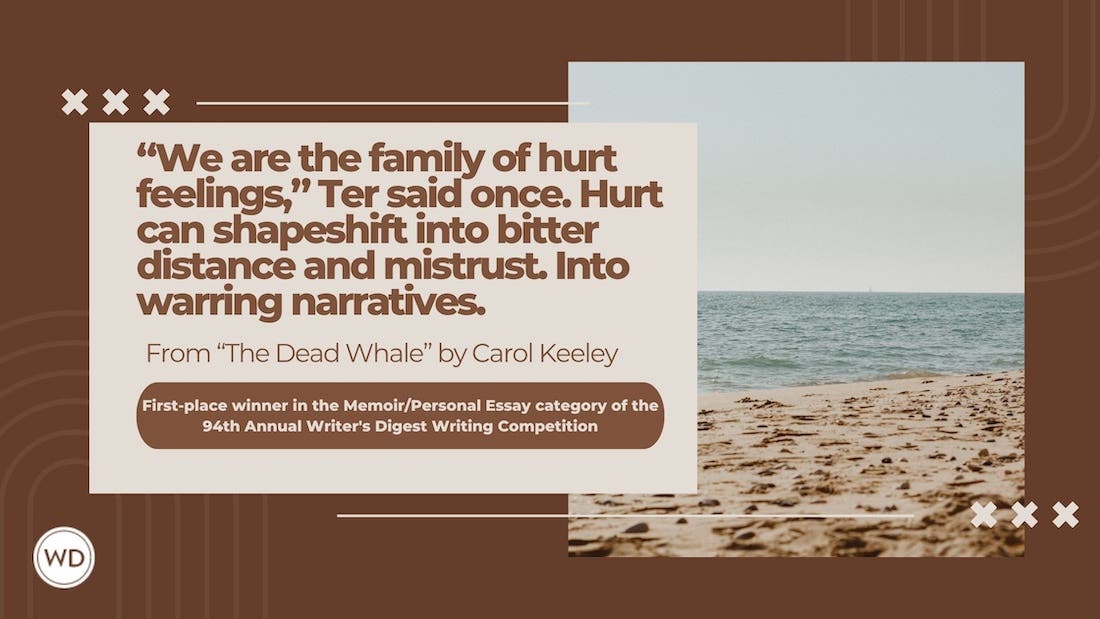Q&A With Eliot Stein, Grand-Prize Winner of the 2018 WD Annual Writing Competition
“The Last Remaining Sea Silk Seamestress,” by Eliot Stein, is the Grand Prize–winning story for the 87th Annual Writer’s Digest Writing Competition, besting more than 5,300 entries across nine categories. For complete coverage of the 87th Annual Writer’s Digest Writing Competition, please check out the November/December 2018 issue of Writer’s Digest.
“The Last Remaining Sea Silk Seamestress” by Eliot Stein is the Grand Prize–winning story for the 87th Annual Writer’s Digest Writing Competition, besting more than 5,300 entries across nine categories. For complete coverage of the 87th Annual Writer’s Digest Writing Competition, please check out the November/December 2018 issue of Writer’s Digest, and discover which WD competitions are currently accepting entries at writersdigest.com/competitions.
Tell us a little bit about yourself? You seem to travel quite a lot.
I'm a freelance writer. I focus primarily on travel, but I also do a lot of culture, history, traditions— things that sort of lend different categories, I suppose. I'm also a contributing editor and columnist for BBC Travel, which is where this story [originally] appeared. For the last two years I've been living here in Berlin, Germany. I’m originally from Washington, D.C., but being here in Germany has really given me the opportunity and the time and the space to really focus on writing. And I found it to be incredibly rewarding, and the sort of thing that you don't often get by kind of being in a big city back in the States where I'm from.
How long have you been writing and how did you start? Were you always interested in travel writing?
My dad is a writer, and he encouraged my brother and I every summer to keep a journal. And it would be the sort of thing where he would say at the start of the summer, "If you write one page every day in the journal, by the end of the summer we'll do something special." So I think from about the age of 9 or 10, it's this sort of thing where they're were no real limits placed on what it is that I write. It's just kind of exercising that muscle and using the blank page kind of as a creative space to figure out what it is that I want to say.
Were you always interested in primarily nonfiction even as you were keeping your journal, or did you ever dabble in fiction?
Mainly nonfiction. As I've gotten older, I've never really crossed over into fiction. I find that there's so many fascinating people and interesting stories to tell that are real, that I'm really just kind of enamored by people I meet and find their lives interesting, and so long as I can do a decent job of telling their story, I think that I find a lot of enjoyment in that.
Why do you write?
Well, I'm really inspired by so many people that I meet, and I think that there are endlessly fascinating and inspiring stories out there that lots of people have. And I find a lot of energy and fulfillment in learning as much as I can about someone and trying to tell their story in a way that gets other people away from their phones and kind of engrossed in their own stories. But I find the process of writing to be exhilarating and exhausting and eventually rewarding. And [there ’s] just no other way that I would choose to spend my waking hours.
When did you develop an affinity for travel?
I majored in college in Italian studies and journalism, which set me up to do exactly nothing. I did my best to kind of marry the two, and so the day after I graduated I moved to Italy and started writing. So I had never been to Sardinia and found that it was kind of off the beaten path and it intrigued me. So I lived there for a few years, wrote a couple guidebooks there, and wrote for a magazine. And that's actually where I first heard about the protagonist in this story. And several years later—I was with my wife—we moved back here to Berlin in Europe, and that kind of really, as I was saying, gave me the space and the opportunity to explore more of the continent and travel and really dive into these stories that I find just endlessly engrossing and the people that I find inspiring.
Tell me more about your process for researching and writing this story. You mentioned you first heard about the woman in this story when you were living in Sardinia?
I lived in Sardinia between 2007 and 2009. And I had heard about her, but it was never the sort of thing where I made a mental note that I want to write a story about her. In terms of the process for this story, it's very similar to a lot of the stories I write. The background research and the idea, I think, is absolutely the most important thing. Once you have a really solid idea and an angle, that's worth more than gold to a writer. So for this one it was a bit of a tricky process getting in contact with Signora Vigo. She doesn't really use the phone too often. She's not on any sort of social media. She doesn't carry a cell phone. So it was sheer persistence and about 15 Google Talk phone calls that got me in contact with her, and we agreed on a date.
And then once I got there, it's very similar to a lot of the process that I have, which is, for other stories, I kind of bury myself in the person. But my goal is always to learn as much as I can about this person, because everything you learned about the subject that you're writing about, it's more fuel for the story. So I was there for four days with her, stayed with an elderly gentleman in his Airbnb. And everyday I would wake up and spend the entire day with Signora Vigo, learning her trade and also gaining her trust. And she was able to tell me things through that process that she hadn't told other people before. And I found that to be the most valuable and rewarding part of the process that I in turn was able to introduce her stories to people who might not have heard it otherwise.
How frequently do you find that meeting the person shapes the story or changes the story from what it had been in your original idea?
Well, as a writer, I think you have to give yourself and your story the freedom to grow if you meet someone. It's never the sort of thing where I would have in my mind, This is the story I'm going to write, before I meet someone. So you have a sense, you have kind of parameters of, This is where I think the story could go, but it's completely shaped by what you learn on the ground. So if I were to go and meet someone, and I learned a very different or surprising twist in what I thought the story was going to be, you have to be true to the subject and follow it there. I guess that's the difference between maybe travel journalism versus creative writing. But I would never sway a person's story based on what I think would just make it a better story.
Who or what has inspired you as a writer?
I think I'll go ahead and say that I do think, subjectively, BBC Travel is producing some of the most inspiring travel journalism that is out there right now. Before that, I grew up reading National Geographic, immersing myself in Pico Iyer books, reading pretty much anything I could get my hands on it. And as a kid going to the library, picking up the copies of Smithsonian Magazine, just kind burying myself in faraway worlds and kind of keeping track of places that I want to go one day. But beyond typical travel journalism, I think that there's so many writers out there who are novelists who I think are just absolutely amazing, and their style of writing, I think, translates very, very well to do what people consider travel writing. From Hemingway to Vonnegut to tons of people out there who I think have a particular style of writing that is contagious, and … I guess what I'm trying to say is that I feel like the definition of travel writing versus just writing in general is something that a lot of people confuse often. And I think that just fantastic writing, no matter in what form it is, is something that translates across all kinds of categories.




